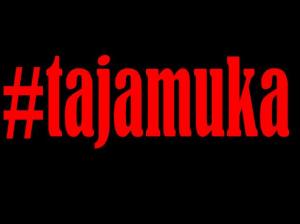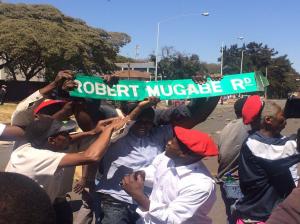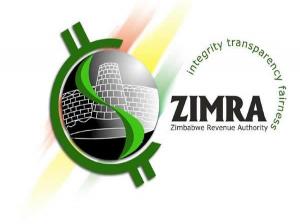BCC fight Zesa over power station

THE Bulawayo City Council has resumed its fight to block power utility, Zesa, from grabbing its power station without paying compensation.
The clash started in 1987 after Zesa proposed to take over the facility and refused to pay compensation arguing that it was a government parastatal. The power station has an installed capacity to generate 90MW.
According to the report of a meeting held on January 6 this year, the council resolved to authorise acting town clerk, Sikhangele Zhou to negotiate the compensation for the power station and any other properties in Zesa's possession that were still registered under the City of Bulawayo.
"That in the event that Zesa is not willing to compensate, the acting town clerk be authorised to instruct the city lawyers to defend the takeover in court."
The council owned power station, became part of Zesa in 1987 after the amalgamation of all local authorities' electricity undertakings.
"The city's assets related to the electricity undertaking then were worth some $63 million of which $26 million was outstanding in loans. However, there was no compensation. The reason given was that Zesa would operate as a government agent and beneficiaries would still be the same and therefore, there was no need for compensations," a council report read.
This allegedly led to the four affected local authorities dragging Zesa to the High court in 1995 and they won the case.
"However, before the order was implemented, an out-of-court-settlement was reached and both parties agreed on a formula of calculating the royalties," read the report.
They then resumed the payments until 2008 when the conversion rate reduced the figure to nothing.
"ln 2009, council tried to engage Zesa to resume the royalties in view of the introduction of the multi-currency system but Zesa is not willing to pay. To date there is a standoff between Zesa and council on the issue of royalties."
Zhou said during royalties negotiations, the compensation issue was "kind of parked and no conclusion was arrived at".
"It was, however, apparent that this matter had not been concluded and for Zesa to simply take over without compensation was a clear case of unjust enrichment. This was our chance to fight for what rightfully belongs to us. We cannot just hand it over for nothing."
- internet
You May Like These Videos
Comments
There are no comments.
Get Zim Metro Updates Alerts
Big Reads

Schoolgirl drops out after continuous 'sexual abuse' by teacher
by Staff Reporter | 2019 August 13 07:42:33
Mugabe Knows Nothing About The Zimbabwe Constitution: MP
by Staff Reporter | 2016 October 01 08:12:02
Zim's Protesting Graduates Risk Losing Degrees For Expressing Anger Against Mugabe
by Staff Reporter | 2016 October 01 07:57:08
Troubled Harare Giants Dynamos Falls Into Another Deep Crisis
by Own Correspondent | 2016 October 01 07:49:17
Grace Mugabe Grovels At Mnangagwa, Says I Did Not Ask Ubaba To Fire You
by Staff Reporter | 2016 October 01 07:31:48
Mugabe Attacks Mawarire, Claims The Exiled Pastor Failed To Divide Zimbabwe
by Staff Reporter | 2016 October 01 07:19:13
Shock As Local Bank Denies 'Rich' Mugabe's Son Heifty Credit
by Own Correspondent | 2016 September 30 19:14:54
Trouble For Police Officers Who Have Been Mercilessly Bludgeoning Protesters
by Staff Reporter | 2016 October 01 07:20:19
Mugabe "Home Coming" And "Thank You" Rally On Cards
by Own Correspondent | 2016 September 23 06:48:24
Prof Moyo Was Dumped By Western Embassies, Claims Mutsvangwa
by Staff Reporter | 2016 September 22 10:08:07
Broke RBZ Tracks Down Zimbabweans Living Outside The Country Over Taxi
by Staff Reporter | 2016 September 22 09:16:20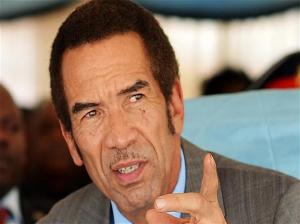
You Are Too Old To Lead, Aging Zim President Mugabe Told
by Own Correspondent | 2016 September 22 07:19:25
Anti-Corruption Commission Loses Property In Failed Probe
by Own Correspondent | 2016 September 20 03:18:19
SHOCKING:14 Year Old HIV-Positive Boy Rapes 7 Pupils
by Own Correspondent | 2016 September 20 00:04:55

 WATCH: Victims Narrate Ordeal After Being Clobbered By Riot Cops
WATCH: Victims Narrate Ordeal After Being Clobbered By Riot Cops FLASHBACK: Morgan Tsvangirai Won't Resign Despite Illness
FLASHBACK: Morgan Tsvangirai Won't Resign Despite Illness  Police Violently Beat Harare Protesters
Police Violently Beat Harare Protesters  Zimbabwean Man Who Was Shot By Tswana Employer Appeals For Help
Zimbabwean Man Who Was Shot By Tswana Employer Appeals For Help







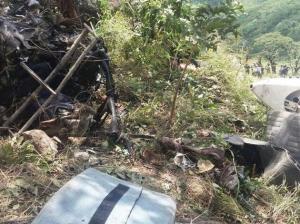

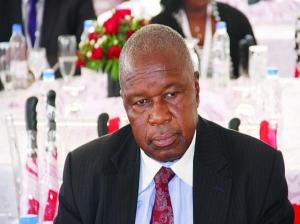

.jpg)

